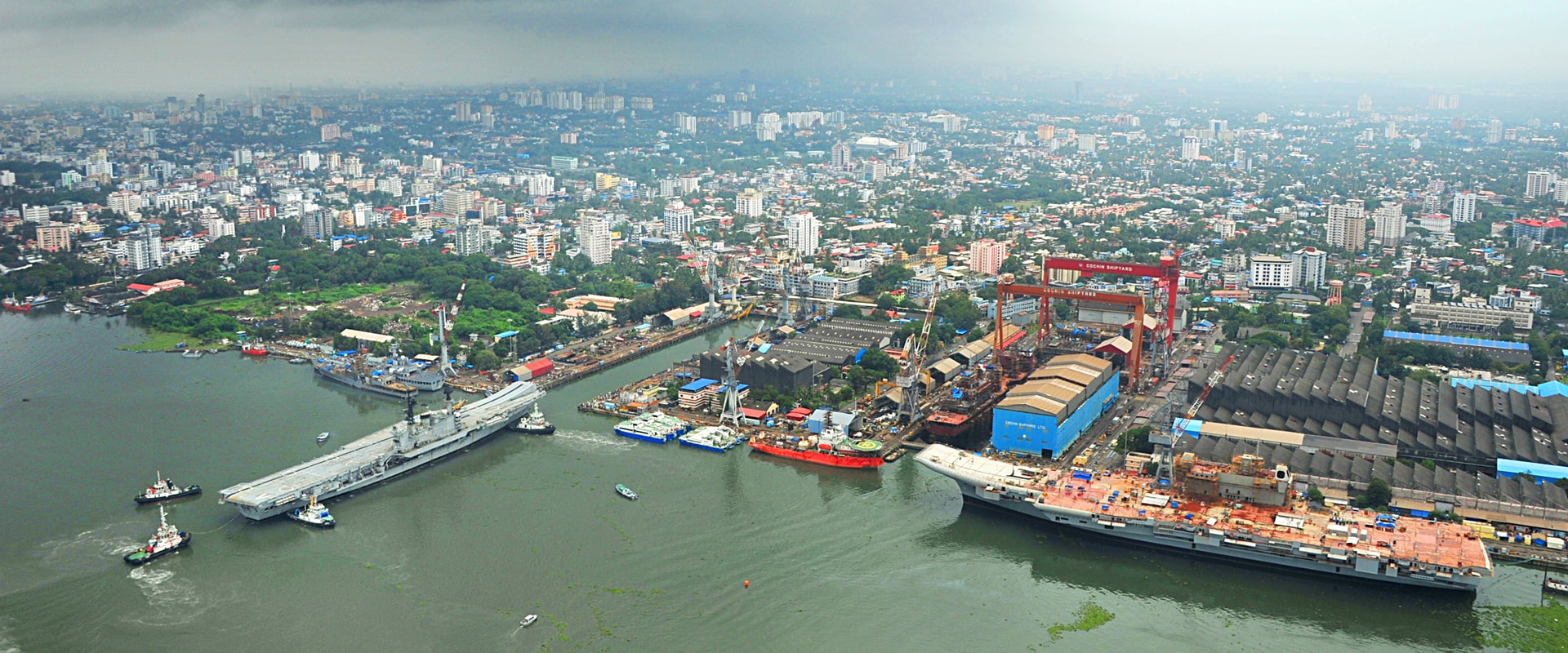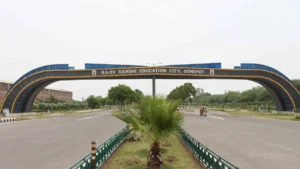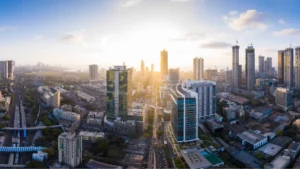Sarbananda Sonowal, Union Minister for Ports, Shipping and Waterways, announced that the Ministry of Ports, Shipping and Waterways would develop and build India’s first indigenous hydrogen-fueled electric vessels at Cochin Shipyard Limited (CSL), kicking off the country’s efforts toward green shipping.
Buy Prime Test Series for all Banking, SSC, Insurance & other exams
KEY POINTS:
- At a session titled Green Shipping in India – 2022, organised by the Ministry in collaboration with the shipyard and The Energy and Resources Institute, he also revealed the government’s intention for developing such vessels in order to stay up with the Global Maritime Green Transitions.
- Transportation, commodities handling, stationery, and portable and emergency backup power applications are all possible applications for hydrogen fuel cells.
- Fuel cells fueled by Hydrogen are an efficient, environmentally friendly, zero-emission direct current (DC) power source that has already been used in heavy-duty bus, truck, and train applications and is now being developed for marine applications.
- Sonowal stated that the project would be carried out in partnership with Indian partners by the Cochin Shipyard.
- The shipyard has already started the groundwork in this area, partnering with KPIT Technologies and Indian developers for hydrogen fuel cells and power trains, as well as the Indian Register of Shipping (IRS) for drafting laws and regulations for such vessels.
- Fuel Cell Electric Vessel (FCEV), a hydrogen fuel cell vessel based on Low Temperature Proton Exchange Membrane Technology (LT-PEM), is expected to cost around 17.50 crore, with the Centre funding 75 percent of the cost.
The construction of these vessels is seen as a springboard for the country to take advantage of the tremendous prospects available in the coastal and inland-vessels segments, both domestically and internationally.
Important Takeaways For All Competitive Exams
- Union Minister for Ports, Shipping and Waterways: Sarbananda Sonowal




 Which District of Haryana is known as th...
Which District of Haryana is known as th...
 Top-5 Richest Cities in India by GDP 202...
Top-5 Richest Cities in India by GDP 202...
 Most Wickets in T20 World Cup 2026: Full...
Most Wickets in T20 World Cup 2026: Full...








